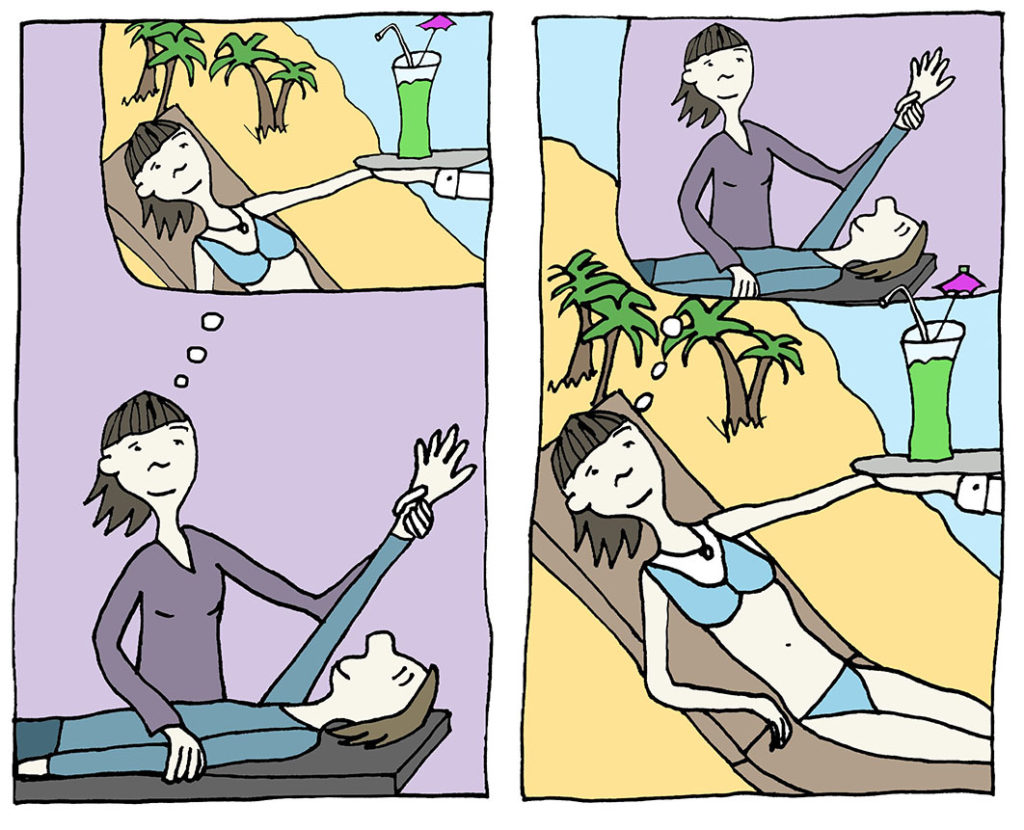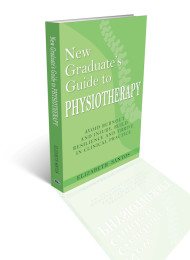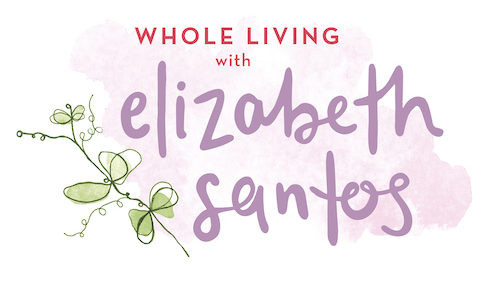
Illustration by Megan Hills
I recently had a short break from work, with a family holiday to Port Elliott so my son could go on his beloved cockletrain (which runs along the coast in the Fleurieu Peninsula.) It had me reflecting on the importance of taking small breaks and stepping away from one’s professional life. Whether it’s just on a Sunday, a few days over a weekend, or for several weeks at a time, we all need down time and to simply ‘be’ every now and then.
While it’s lovely to have time off, it’s normal to expect that there will still be lots of thoughts about work that wander through our minds from time to time. Rather than feeling frustrated and expecting that holidays are a way to ‘escape’ from thoughts of work, a nice reframe is to consider these ponderings as necessary reflections that help us process and integrate experiences.
If we can think of our holidays as a time to re-energise and refuel in order to return to ‘normal’ life and clinical practice with a full cup, ready to work hard, ready to be of service to others it can help us to enjoy it all and not dread Monday morning back in the workplace. Here is an excerpt from the book New Graduate’s Guide to Physiotherapy which explores this in more detail.
In the Australian workforce, it is standard to have four weeks of annual leave a year. People often save their holidays until the end of the year and take them over summer in one long continuous break, or in blocks over school holidays if they have children. Regardless, human beings are not designed to work consistently for months on end without a pause.
Failing to take regular leave is a common pattern that new graduate physiotherapists are particularly vulnerable to, but even experienced practitioners can fall into this trap too. Forgetting to book leave, or booking leave too far in advance and in one big portion may lead to stress and burnout.
A better strategy is to take regular small breaks throughout the year. In their book The One Thing, Gary Keller and Jay Papasan explain that effective entrepreneurs and business people look at the year ahead and book all of their holidays in first, making their time with family and friends a priority.106 If possible, book leave early and split up the four weeks of entitled leave throughout the year. Remembering to fully switch off while away can help a novice to return to their role feeling refreshed.107
Personal Leave
Personal leave (which includes sick leave and carer’s leave) is something all employees are entitled to. This extends to caring for spouses or former spouses, children, grandparents, parents and stepchildren.
There are some interesting differences in the public system versus the private system. In the public system, people regularly take sick days when they are unwell, perhaps because there is a larger department of staffed physiotherapists to cover. However, in the private system it can be harder to have time off because a long list of private clients will miss out on the help they need if the physiotherapist does not come to work. This can lead to ‘soldiering on’, which may result in burnout if the physiotherapist needs rest but cannot take it. At times like these, no matter which area of practice the new graduate is in, it is useful to reduce commitments to make health the greatest priority.
It is inevitable that there will be times of illness during one’s career. Following the protocol for leave can assist the whole team. This might mean calling in the night before (particularly for an early shift to give adequate time to cancel or shuf e clients), or sending any handover messages to other clinicians in the team (although, ideally, notes should always be organised with a detailed plan so that another clinician can easily come in and take over at any time).
Mental Health Days
Mental health days are becoming increasingly common in the developed world due to increasing work pressures, as reported in a recent study by the World Health Organization which looked at days out of role due to common health and mental problems.110 The study involved face-to-face interviews with people across twenty-four countries and found that common health conditions such as migraines, cardiovascular disease and mental health disorders made up a large proportion of the reasons for days out of role, and should be addressed to substantially increase overall productivity. Post-traumatic Stress Disorder (PTSD), panic, and Generalised Anxiety Disorder (GAD) were among the top six conditions with highest mean days out of role in all three income groups, which indicated that mental health conditions rank quite high for cause of loss of productivity. Individuals with any disorder had an average of 24.2 more days out of role in a year (31.1 days those with any mental, 24.5 those with any physical) than those with no conditions.
So what does this data mean? It means that there are many people out there suffering with mental health conditions that require them to take time off every once in a while. The milder mental health conditions of GAD and social phobia required fewer days off than PTSD.
It’s essential for physiotherapists to feel that they can take time off. All employees need some flexibility and the reassurance that they can have a sick day or mental health day if they require it, or can take a holiday with their family without negative repercussions.
Questions for Self-enquiry
- When was the last time you took a holiday?
- Do you prefer to take all of your time off at once, or do you split it up throughout the year?
- Have you reviewed the policy for leave requests at your place of work? How much notice do you have to give when taking leave?
- Have you currently got a holiday booked for yourself? Do you know how much leave you have accrued?
- Have you ever taken a mental health day? Did it help you to feel better?
“Because when we take good care of ourselves, we can be of greatest service to others.”– Elizabeth Santos
#newbook #selfcareforhealthprofessionals #newgraduatesguidetophysiotherapy

Elizabeth is a Physiotherapist, Naturopath and Author who lives in the Adelaide Hills with her husband and little boy. When she is not working and writing you will find her adventuring in the hills with family and friends.
This blog post contains excerpts from Elizabeth’s first book ‘The New Graduates Guide to Physiotherapy’– Available now!

Click here to keep updated with book news. Please share with friends, family and colleagues you feel will benefit from this information! Thank you, in gratitude.
>>>>> For Australian orders purchase here at the pre-launch price
>>>>> For International orders purchase on Amazon
Please leave a comment below if you felt inspired by this post!

Leave a Reply